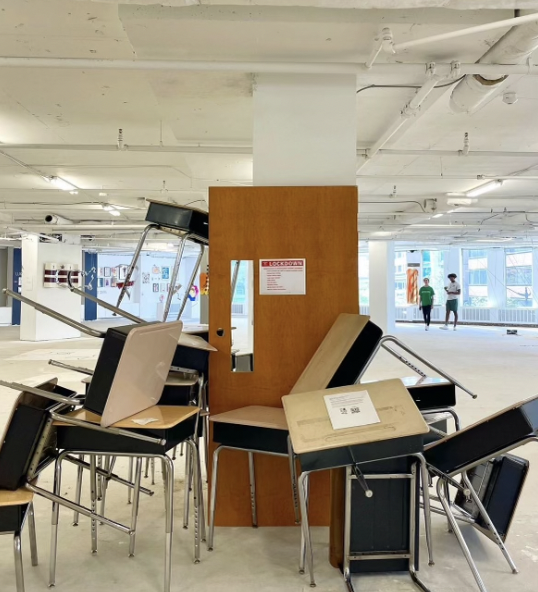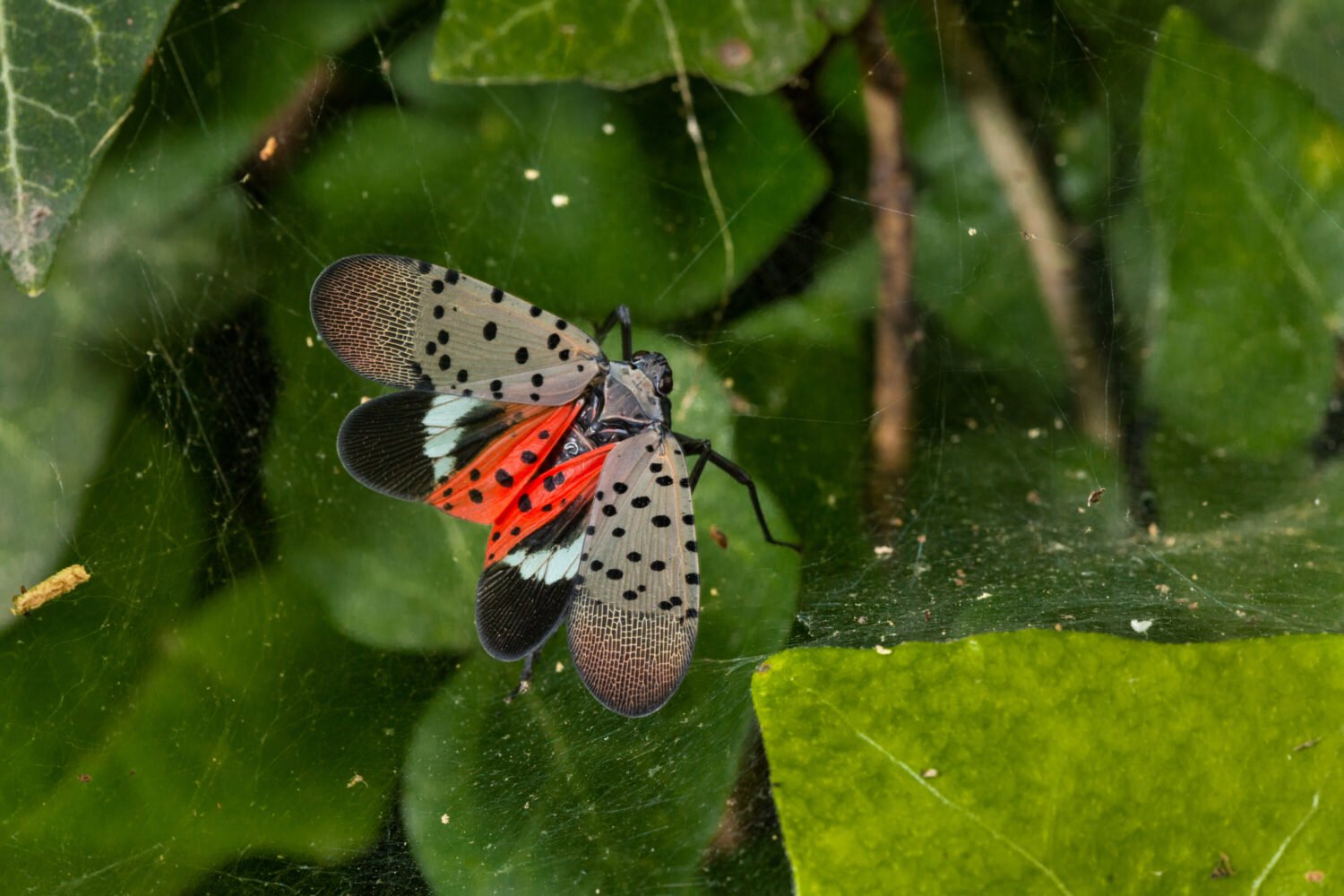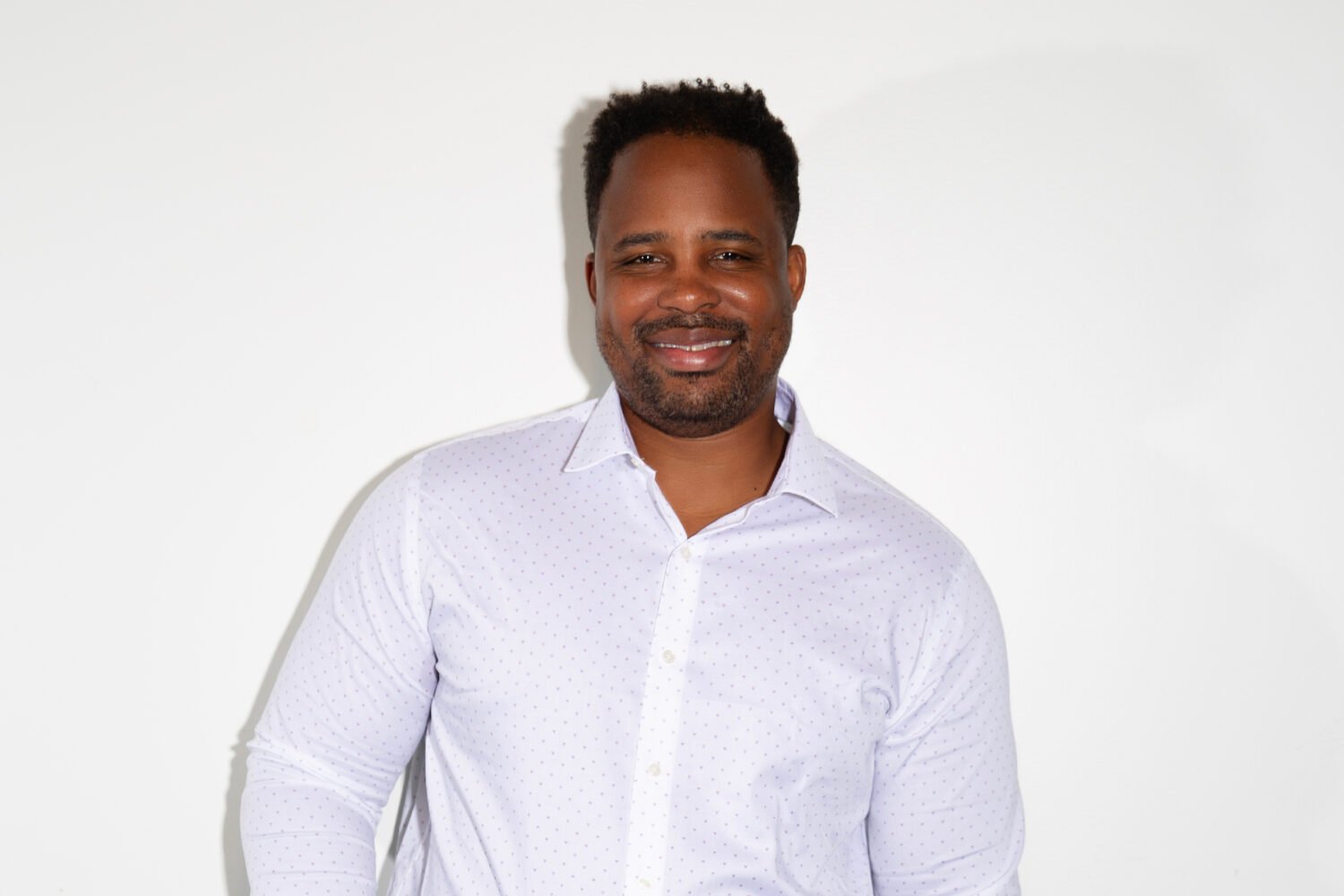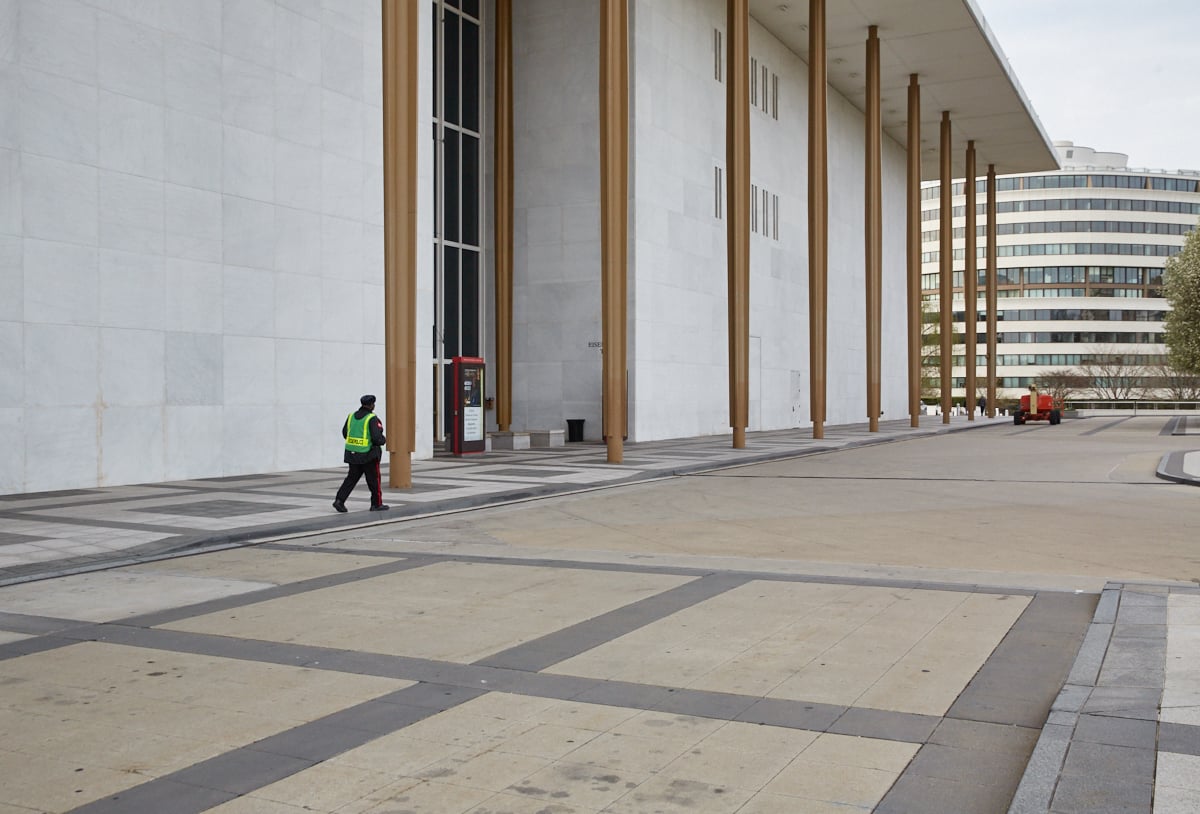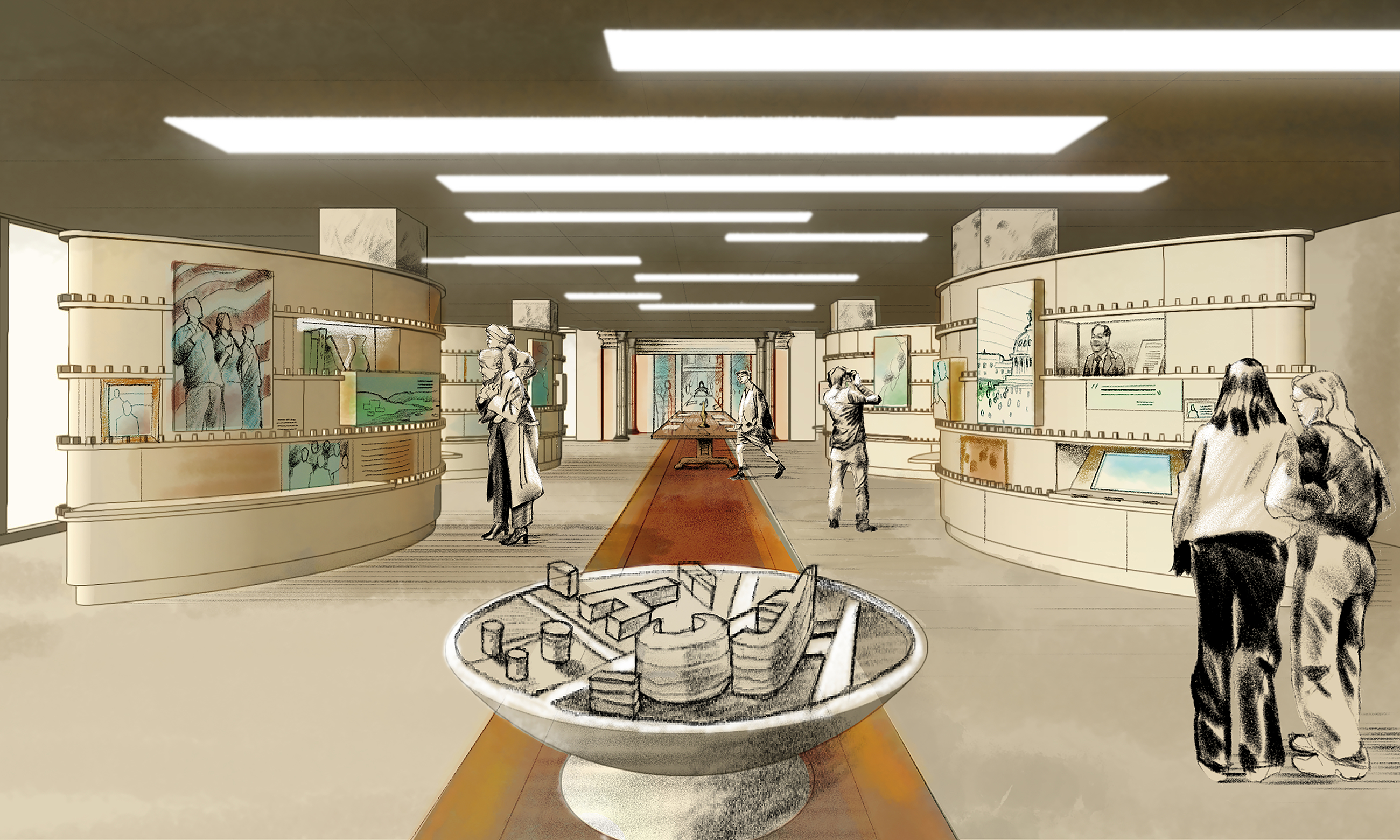At this year’s Smithsonian Folklife Festival, don’t be surprised if you find yourself graffitiing a bathroom stall or re-designing your teenage bedroom. These throwback activities, and many more exhibits about youth culture, will be hosted by the the Museum of Contemporary American Teenagers (MoCAT), a pop-up museum founded and run exclusively by teenage students in the DC area.
The museum’s current leadership is comprised of a group of juniors and seniors from Bethesda-Chevy Chase High School, many of whom got involved through their anthropology instructor. Students like MoCAT director-in-chief Talia Fleischmann were drawn to the idea of studying their own lived experience, and to the opportunity to create and lead public projects in the DC area— an opportunity that is rarely granted to high schoolers.
“Oftentimes, you don’t really find organizations where the youth is running it,” she says. “It’s nice to have like this space to redefine perceptions of teenagers, and to showcase diverse voices and that shape today’s experiences.”
Since the museum’s founding, exhibitions at MoCAT have covered plenty of ground. One more playful project at Bethesda-Chevy Chase High School featured a life-sized Jenga game with 21st century teenage challenges written on each block. Another, an installation at the now-closed Artomatic festival, was a memorial for the Columbine High School shooting, consisting of desks and chairs blocking a door with lockdown instructions.
MoCAT’s upcoming installations at the five-day Smithsonian Folklife Festival on the National Mall will replicate spaces like a bedroom, a classroom, and a public restroom. Guests will have opportunities to interact with and decorate each of the exhibitions — an opportunity, the group hopes, for guests to relive teenage memories.
“For the adults, they can kind of go back to that time when they were decorating their own space,” says Clara Osorio, who has been co-designing and coordinating the bedroom installation. She hopes that it will serve as an emblem of “teenage expression.”
At the festival, MoCAT will also put on performances and discussions about cultural rites of passage, from panel discussions with youth activists, and a fireside chat with free speech advocate Mary Beth Tinker.
It all fits in with the theme of this year’s Folklife Festival: “Youth and the Future of Culture.”
“The collaboration with the Folklife Festival is really going to shed light on this vibrant assortment of youth movements that are often overshadowed,” says Fleischmann. “It’s nice to have this space where we can show what teenagers are doing now.”

